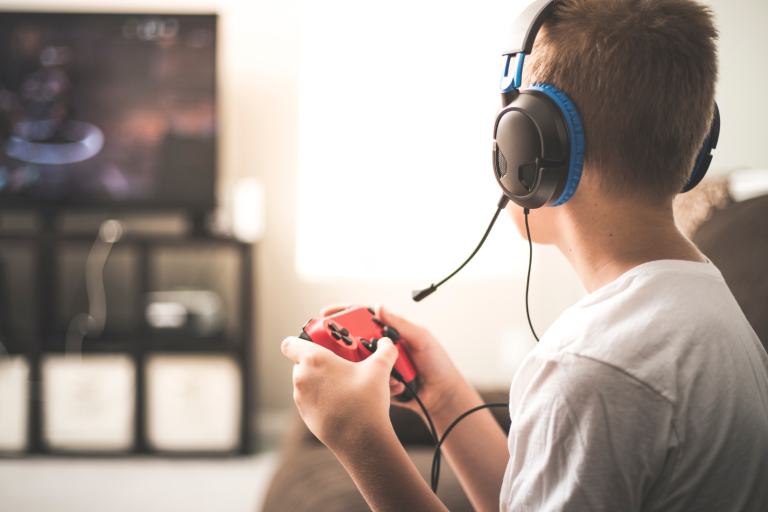Gambling and gaming
Gambling and gambling-like experiences are so widespread that young people often see gambling as a normal part of everyday life, including sports.
Gambling advertisements send messages that gambling is fun, exciting and a way to join in with others and get rich quickly.
A young person might have a gambling problem if they:
- have sudden changes in the amount of money they have
- are short of money or are borrowing/taking money from family and friends
- they are always tired, have low energy levels, changes in mood or sleeping patterns have changed
- get irritable when away from gambling activities
- are falling behind at school
- are withdrawing from friends, social activities and events
- have a positive attitude towards gambling
- are preoccupied with video arcades, interested in gambling sites, sports results or TV poker, or simulated gambling apps or games
- have a new focus on sports odds instead of sports itself
- are secretive about gambling or in denial that there's a problem
Useful websites
- Big Deal website - provides advice and support about gambling
- NHS Live Well website - provides help for problems with gambling
Online and social gambling is a large industry moving at a fast pace. It includes games that young people may play on a console, websites or live streaming platforms.

To keep gaming fun, make sure you:
- block, report and mute people who troll or bully
- take short breaks if gaming for a long time
- don't share personal information online
- avoid in-game purchases
- check the age rating of any games you play
Online connections can make the world seem like a small and friendly place. Unfortunately, not everyone online is who they say they are.
As a young adult, you should be savvy on the basics of internet safety:
- never use personal details as usernames
- have secure passwords
- never give away personal and location information when speaking to people you don't know
A few top tips for keeping yourself safe online and having reasonable screen time:
- prioritise your offline activities over your online ones, like sleep and socialising with friends
- know your PEGI ratings, they're there for a reason
- have boundaries, if you wouldn't want your grandparents to see it don't post it
- remember online activity and posting your views online will stay around for a very long time, future employers will search your online presence
- you must tell someone if you are receiving unwanted or bullying messages
- beware of hidden costs in apps, if you are asked for financial information for a free trial ensure you cancel before the end of the trial
Useful websites
- Gaming guide for teens on the Internet Matters website
- Online games on the NSPCC website
- CEOP Education website - keeping children and young people safe online
